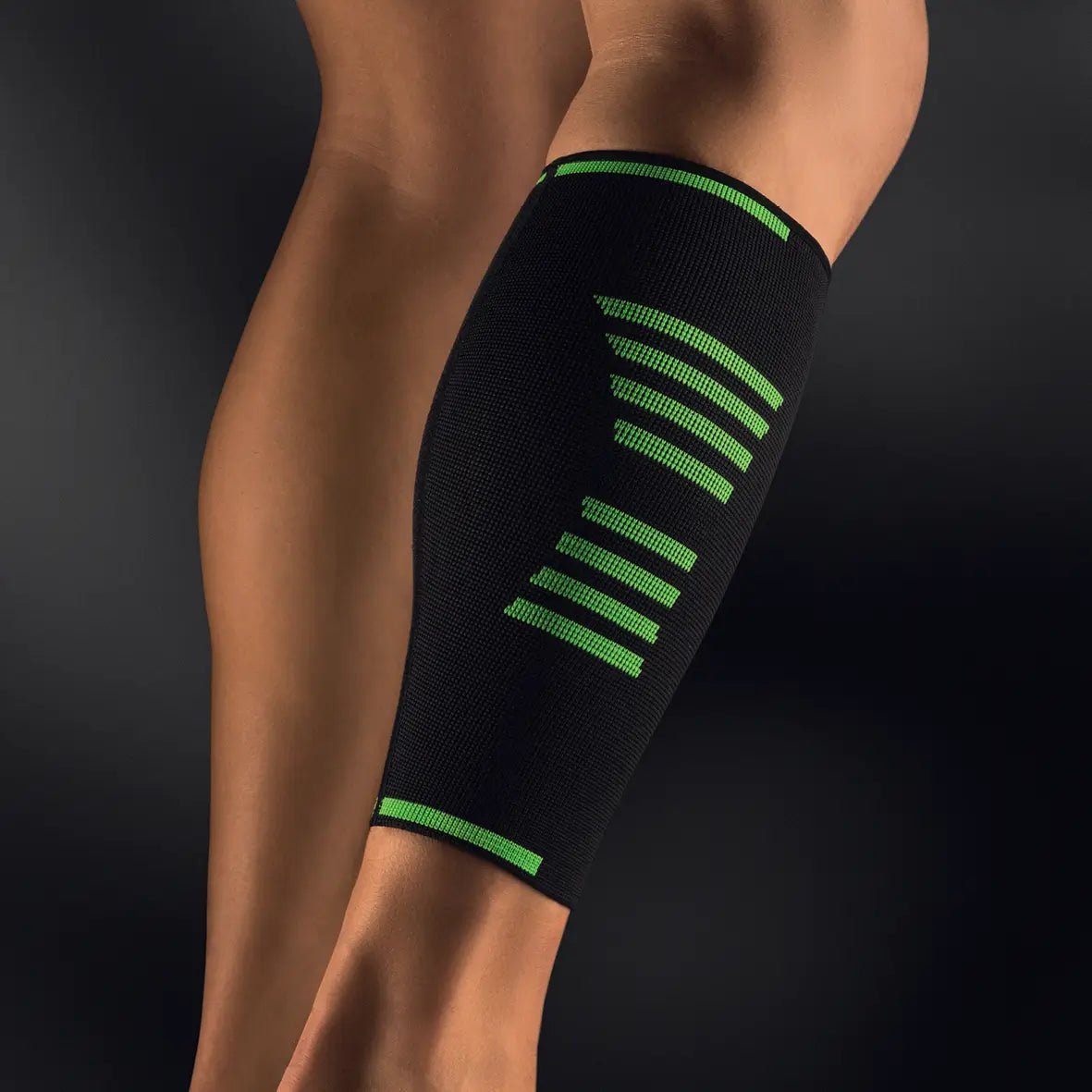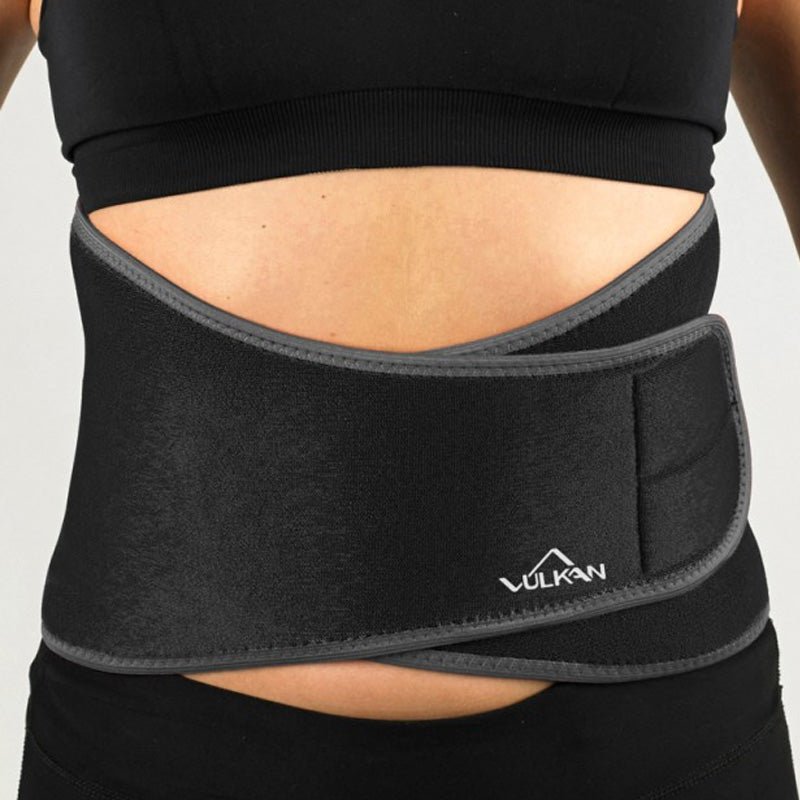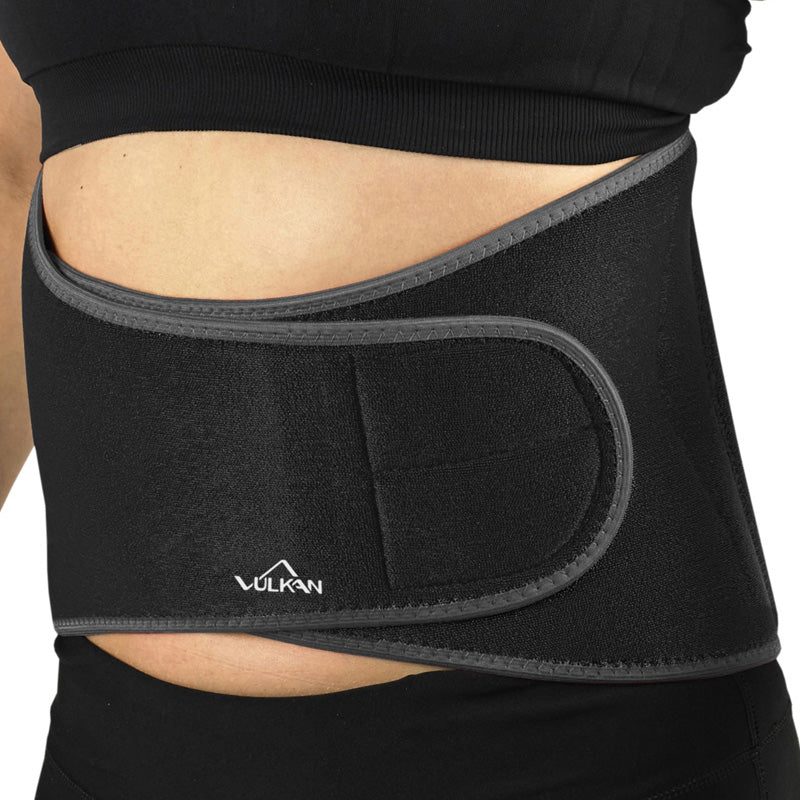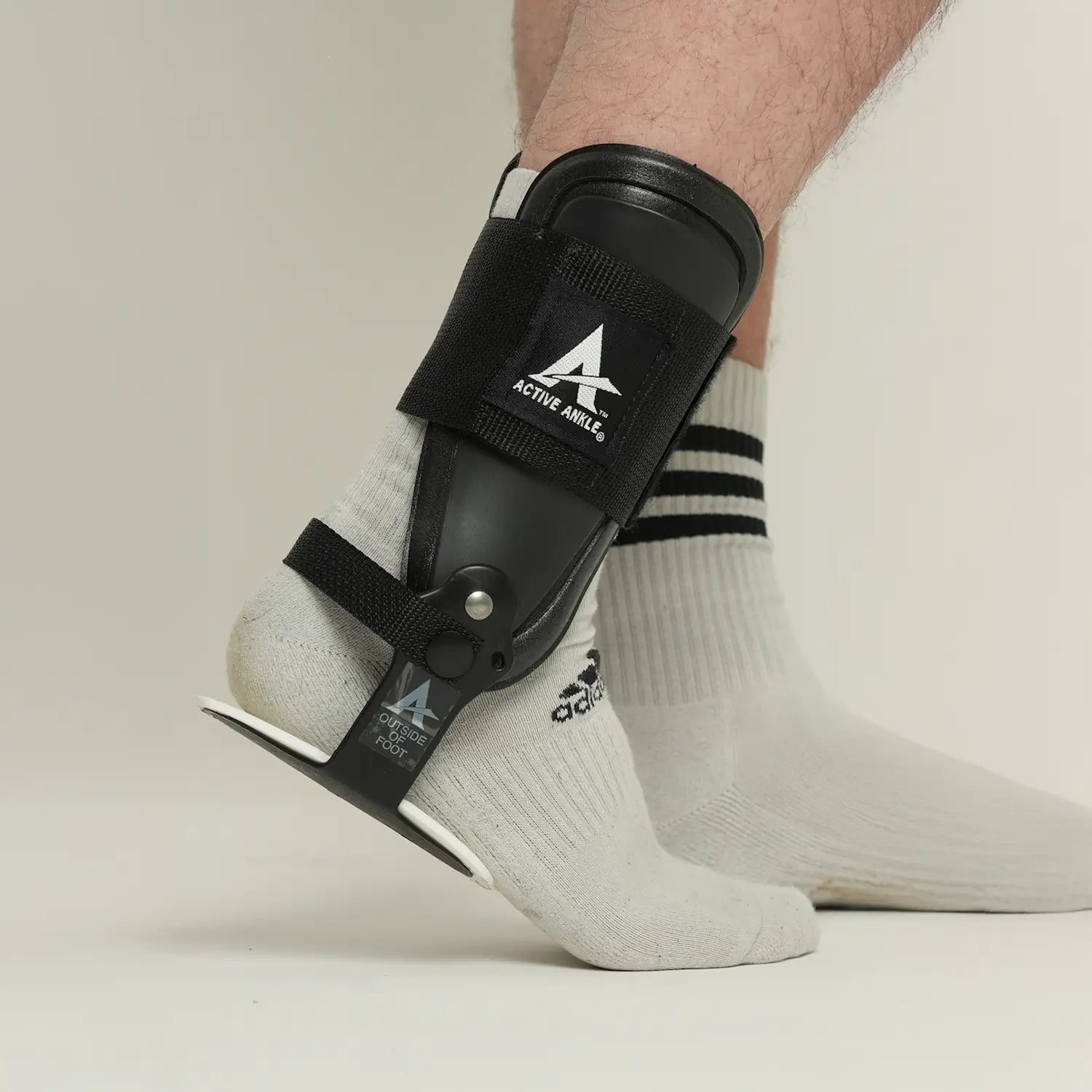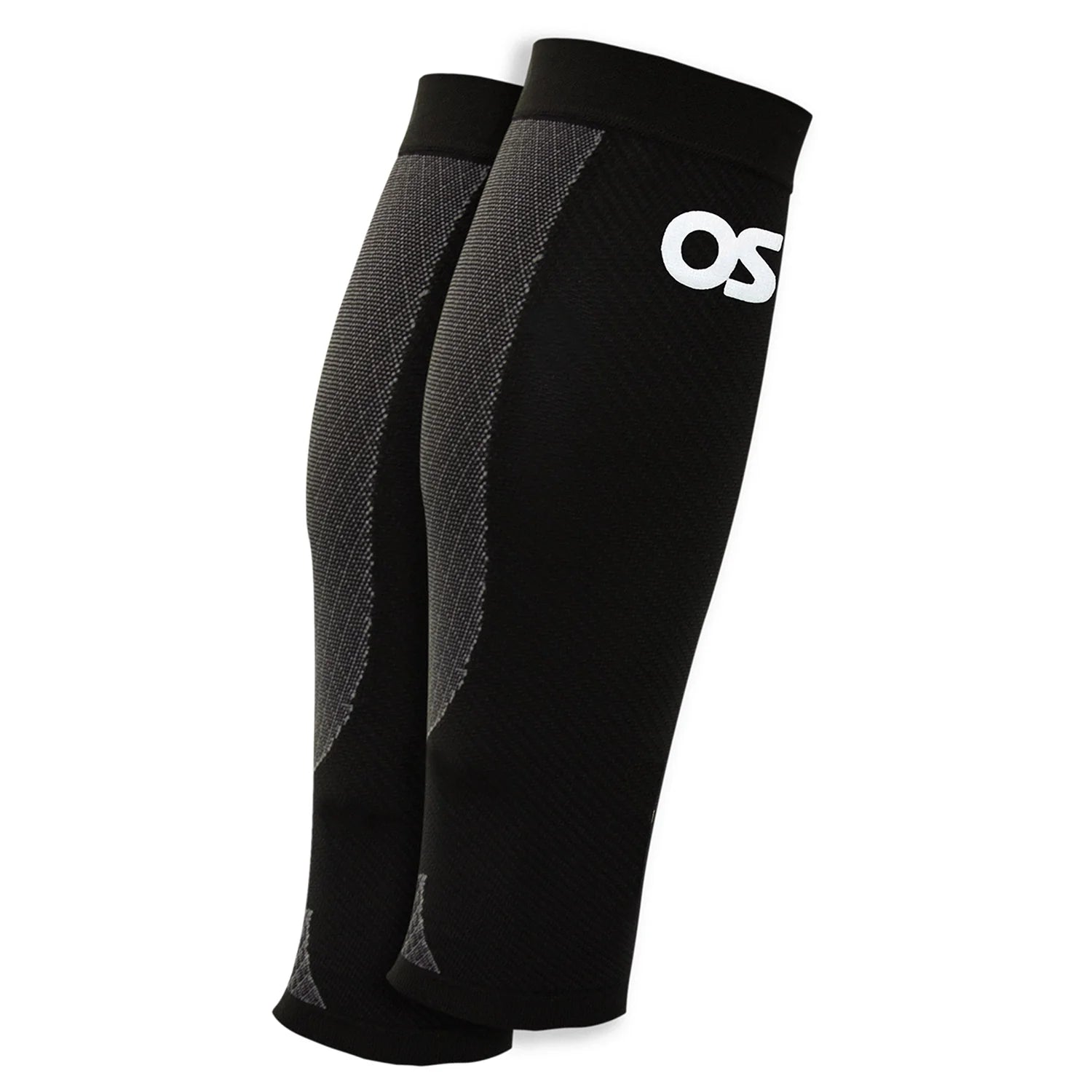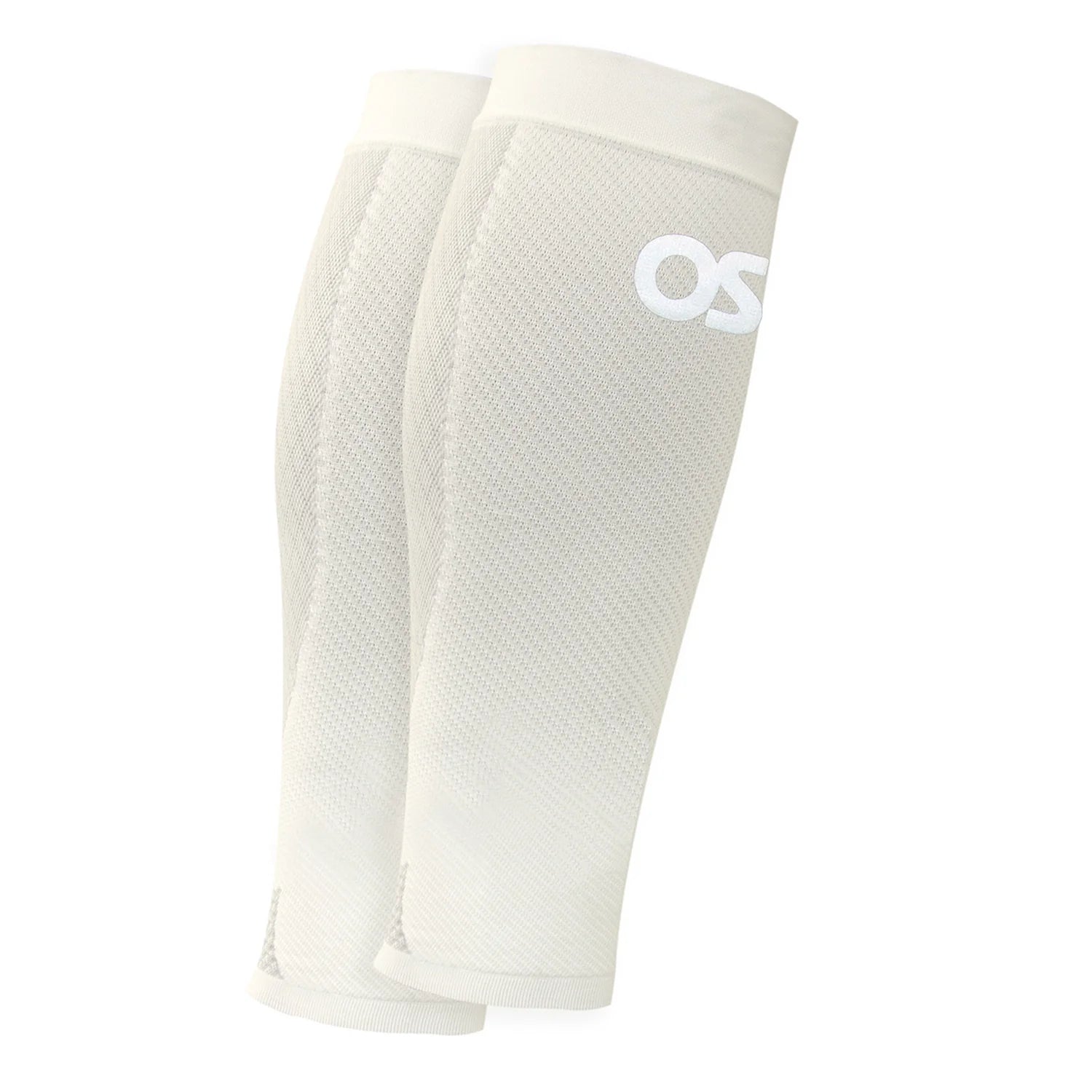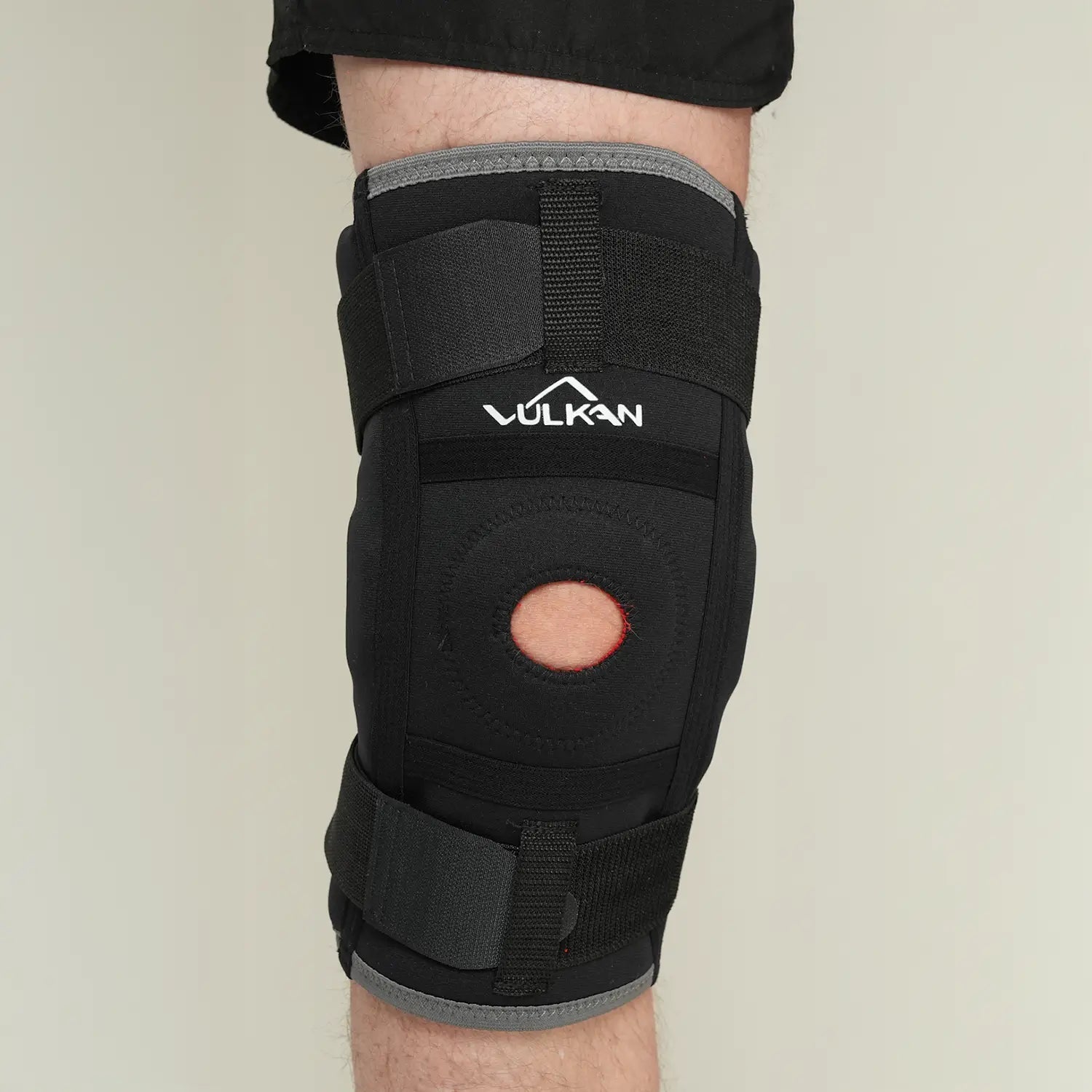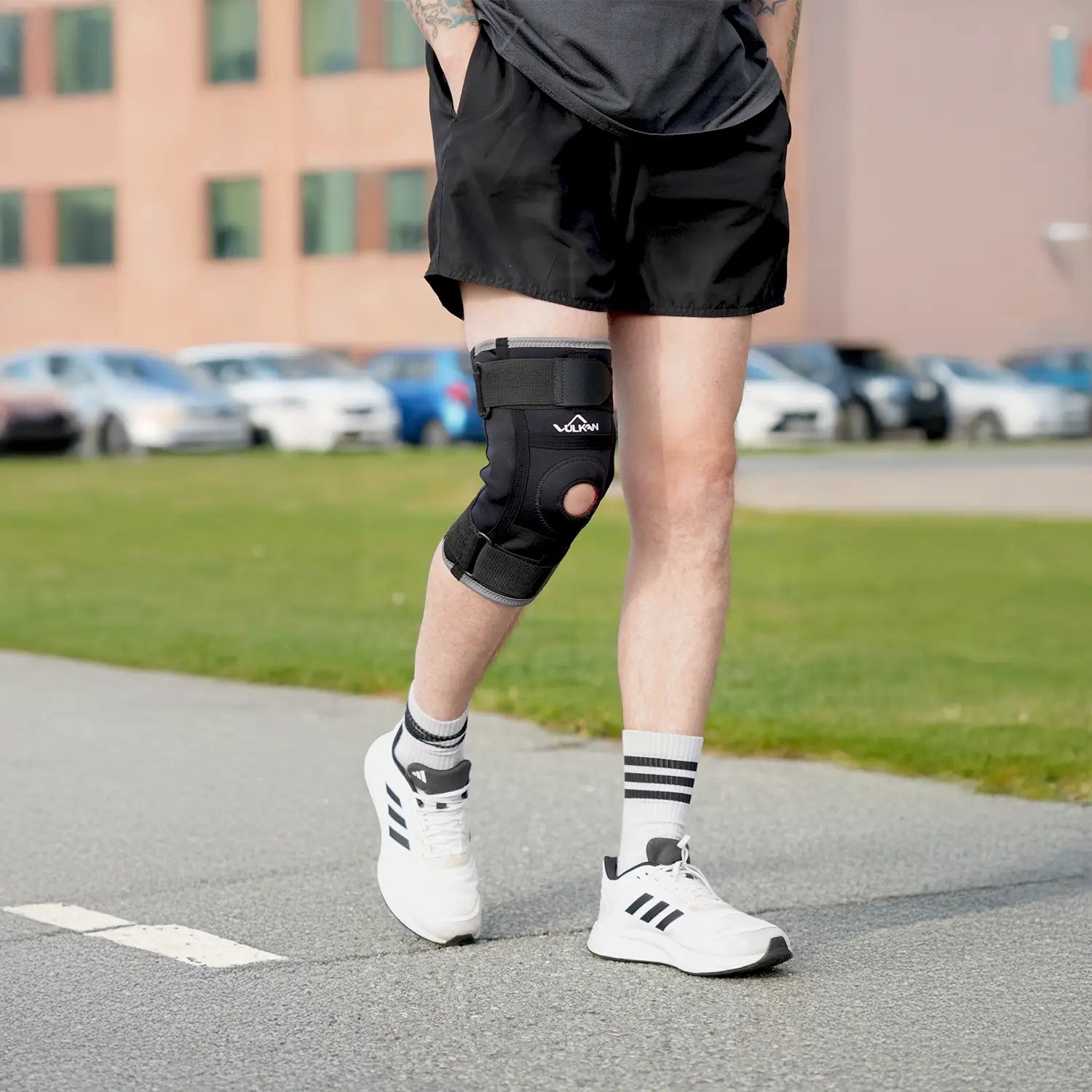
Fibromyalgia
Fibromyalgia is a long-term pain disorder that affects muscles and connective tissue. It is characterized by widespread aches, fatigue, and often sleep disturbances. Many describe it as a dull ache in large parts of the body, combined with tenderness in specific points. The condition can affect everyday life on many levels, as even simple activities become more demanding when the body constantly signals pain. Fibromyalgia is chronic, but with the right strategies, it is possible to relieve symptoms and create a better quality of life.
Causes of fibromyalgia
The exact cause is not fully understood, but research points to a combination of biological and psychological factors. An altered pain system in the brain and spinal cord causes signals to be amplified, leading to increased pain sensitivity. Stress, trauma, infections or hormonal changes can sometimes trigger the disease. Genetic heredity can also increase the risk. The nervous system's regulation of sleep, stress and pain is often affected, which contributes to the typical symptoms.
Symptoms of fibromyalgia
• Widespread pain in muscles and joints
• Tenderness in specific pressure points
• Fatigue that does not go away with sleep
• Sleep disorders and restless nights
• Difficulty concentrating and memory problems
• Stiffness, especially in the morning
• Headache or migraine-like pain
• Gastrointestinal complaints similar to IBS
Treatment of fibromyalgia
Treatment aims to relieve symptoms and improve quality of life. Regular physical activity is one of the most important parts, although the training must be adapted. Walking, light strength training and gentle stretching can reduce pain over time. Relaxation exercises, yoga or mindfulness help many people to reduce stress, which otherwise exacerbates symptoms. Physiotherapy can provide guidance and structure in training. Pain-relieving medications can be used when necessary, but often have limited effect. Heat, massage and ergonomic aids can also make everyday life easier. At rehcore.com there are products such as back supports, neck pillows and heating products that can relieve local discomfort.
Preventive measures and self-care
Self-care plays a crucial role. Regular activity, even in small doses, helps keep the body moving. Plan your day to avoid overload and distribute activities evenly. Sleep quality can be improved with good routines and a calm evening environment. Stress management is key, techniques such as deep breathing, meditation or light yoga can reduce symptoms. Ergonomic aids in the workplace, such as pillows and supports, can reduce fatigue and pain during the day.
When should I seek medical attention?
Seek medical attention if you have long-term, unexplained pain that doesn't go away or if it's severely affecting your daily life. If you suspect you have fibromyalgia, a doctor or specialist can diagnose you and help you come up with a treatment plan. It's also important to rule out other conditions that can cause similar symptoms.
Recommended products
Products that provide warmth, support, and relief can help relieve symptoms of fibromyalgia. A back or neck support can relieve stiffness, while heating pads can soften tense muscles. Compression garments can increase comfort for long-term pain and help improve circulation. Ergonomic pillows or seat cushions can also make rest and sleep more restorative.
Frequently Asked Questions About Fibromyalgia
How long does fibromyalgia last?
Fibromyalgia is a chronic disease. It does not go away completely, but symptoms can vary in intensity and become milder with treatment and self-care.
Can I exercise despite pain?
Yes, exercise is an important part of treatment. Adjust the intensity and start slowly. Regular walking or light weight training can reduce pain over time.
What type of treatment works best?
A combination of physical activity, stress management, good sleep hygiene and sometimes medication gives the best effect. Multimodal treatment, where several interventions are combined, is often the most successful.
Do heating products help with fibromyalgia?
Yes, many people find that heat softens muscles and relieves stiffness. Heating pads, blankets and warm baths can provide significant symptom relief.
Is fibromyalgia hereditary?
There is a genetic component. Having close relatives with the disease increases the risk, but environment and lifestyle also play a role.
Can fibromyalgia get worse over time?
Symptoms can vary, but with the right strategies you can keep the disease stable and sometimes reduce symptoms. However, without self-care and adaptation, symptoms can worsen.
What products are recommended for fibromyalgia?
Back and neck supports, heating pads and ergonomic pillows can relieve pain. Compression garments can provide extra support in everyday life.
When should I seek medical attention?
In case of long-term pain that does not improve or if everyday life is severely limited. Also seek medical attention if you suspect that the symptoms may be due to another illness.





